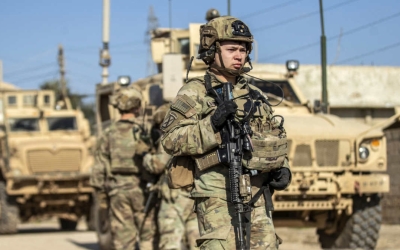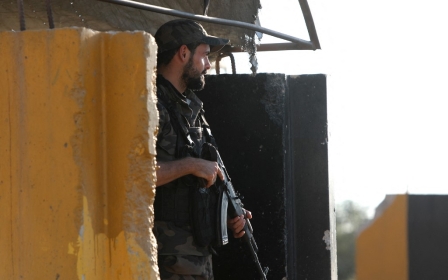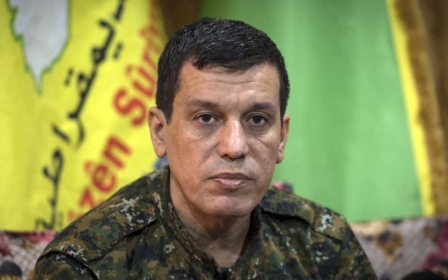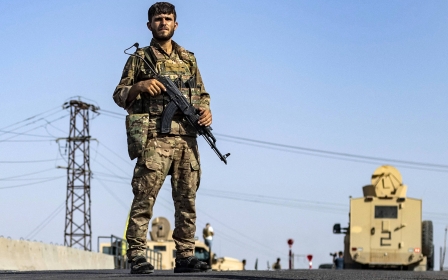US-backed Kurdish groups in Syria continue to recruit child soldiers, report says
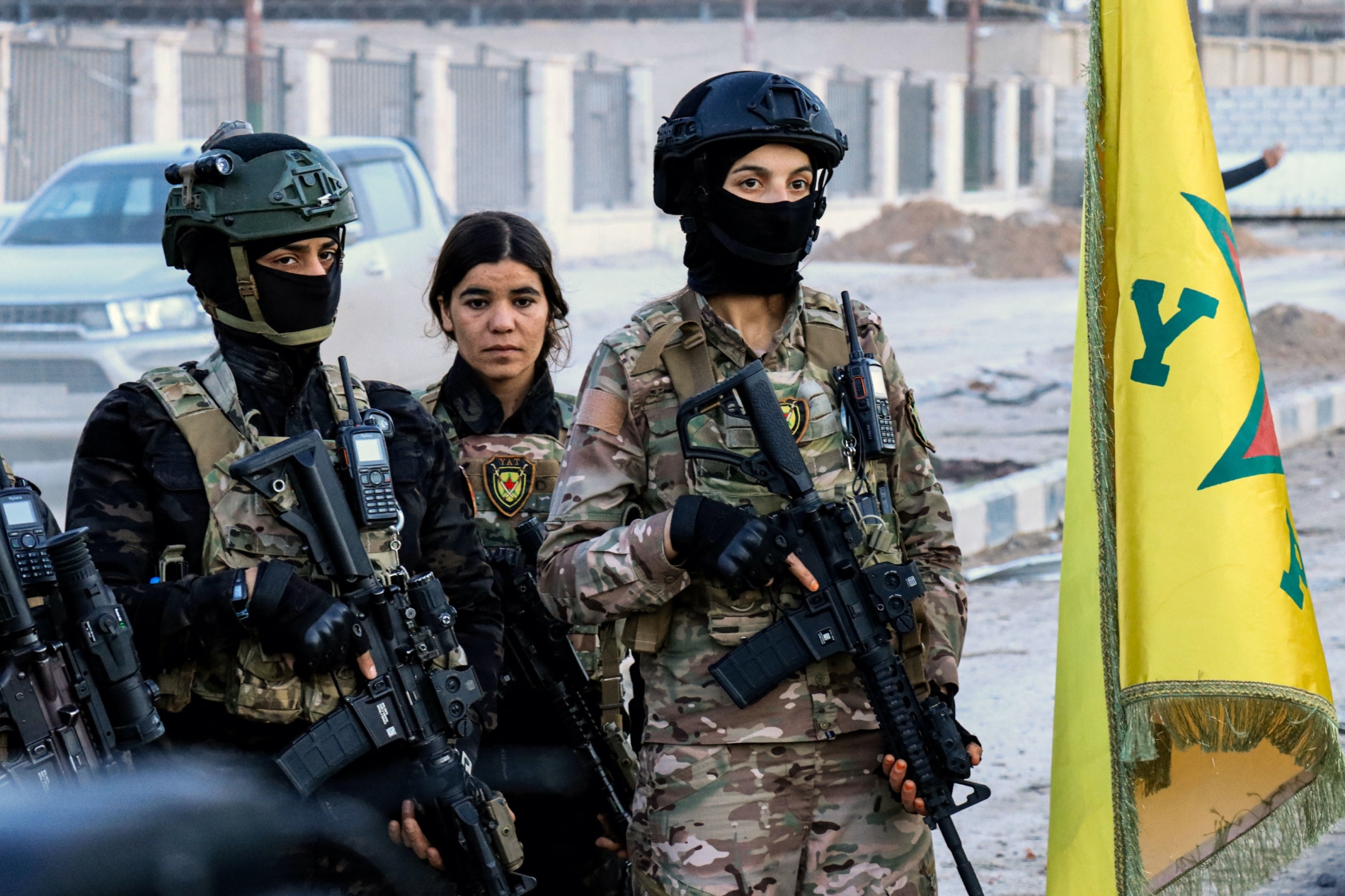
The US-backed Syrian Democratic Forces are among a long list of armed groups in Syria recruiting and using child soldiers, according to a new State Department report.
The report said that Syrian government forces, Turkish-backed forces, Islamic State and Hay'at Tahrir al-Sham (HTS) are among armed groups in Syria using child soldiers. But including the Syrian Democratic Forces in the list is a sharp rebuke of the US's main ally in Syria.
"The recruitment or use of children in combat and support roles in Syria remains common, and since the beginning of 2018 international observers reported continued incidents of recruitment and use by armed groups, though the prevalence of the practice differs by group," the report said.
The State Department said "the Democratic Union Party-affiliated Revolutionary Youth Movement, the Kurdish People's Protection Units, Women's Protection Units, Syrian Democratic Forces (SDF)… recruit and/or use boys and girls as child soldiers."
The Syrian Democratic Forces, a Kurdish-majority militia, emerged as the US's main partner in the fight against the Islamic State after the group swept through vast swaths of Syria and Iraq. The group's so-called "caliphate" was territorially defeated in 2019.
New MEE newsletter: Jerusalem Dispatch
Sign up to get the latest insights and analysis on Israel-Palestine, alongside Turkey Unpacked and other MEE newsletters
But the US continues to support its Kurdish-led allies to target IS operatives in an advise and assist role. They also help guard around 10,000 imprisoned fighters and tens of thousands more of their family members - mainly women and children - who linger in squalid refugee camps.
The SDF is Kurdish-led but also counts Syriac Christians, Armenians and Arab members among its ranks. Many of these ethnic groups field their own fighters. Meanwhile, the Democratic Union Party has espoused far-left political values.
The report noted that the SDF is implementing a UN Security Council-mandated action plan to end the recruitment and use of children and demobilise those in its ranks, "however, an international organisation reported SDF-affiliated armed groups recruited and used children in 2022 and 2023".
But it specifically called out the Revolutionary Youth Movement"s recruiting of child soldiers "through fraudulent announcements for educational courses in northeast Syria".
The US's support for the SDF has long been a point of contention with its Nato ally, Turkey, which is the main security guarantor in northwest Syria, including areas controlled by HTS, a US-designated terrorist organisation.
Fears of US pullout
Ankara views the SDF as an extension of the outlawed Kurdistan Workers' Party (PKK), which has waged a decades-long war for independence against Turkey and is considered a terrorist organisation by Turkey, the US and the European Union.
Syria's decade-long civil war ended with President Bashar al-Assad controlling about two-thirds of Syrian territory. The Kurds were able to carve out a semi-autonomous region in northeast Syria, that they refer to as Rojava. The US maintains roughly 900 US troops in the northeast.
Middle East Eye reported in March that Turkey had rapidly accelerated its attacks on the SDF amid Israel's war on Gaza.
Turkey has hit civilian infrastructure in northeast Syria, including power stations, the region's electric grid, medical facilities and oil fields - which Human Rights Watch said in February have left millions powerless and without access to clean drinking water.
In a bid to reaffirm their Kurdish partners, General Erik Kurilla, the top US military commander in the Middle East, made a trip to the region in March.
Officials in the Kurdish-led autonomous region told MEE the visit did little to boost confidence in the US's staying power. The Kurdish groups are particularly concerned about a recent thaw in tensions between Turkey and the US.
Middle East Eye delivers independent and unrivalled coverage and analysis of the Middle East, North Africa and beyond. To learn more about republishing this content and the associated fees, please fill out this form. More about MEE can be found here.


